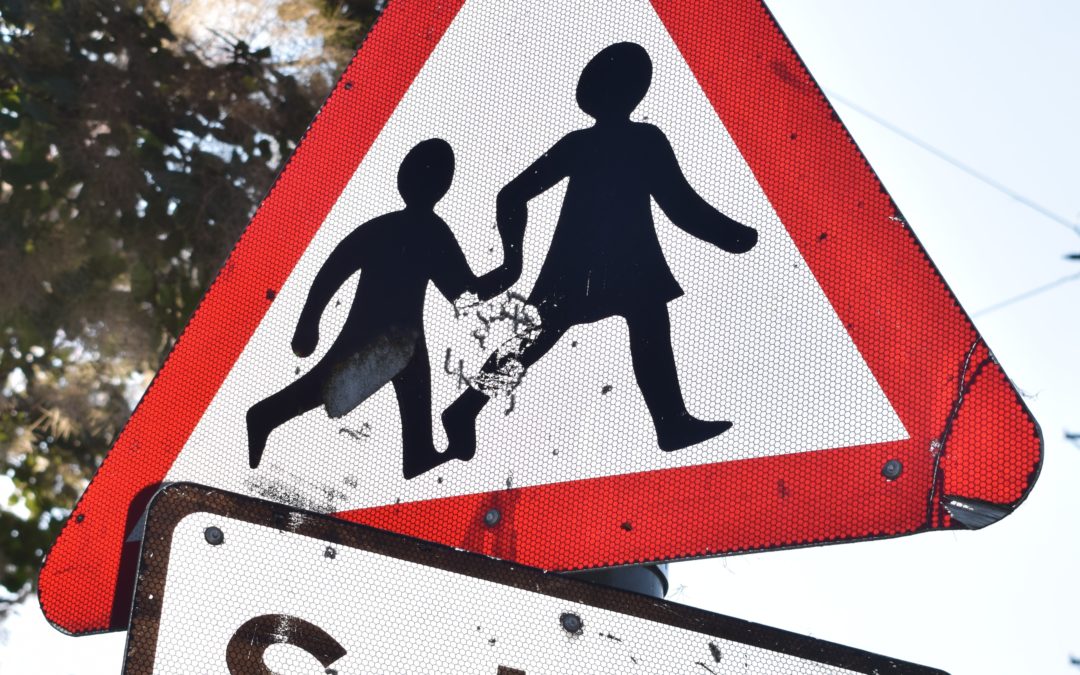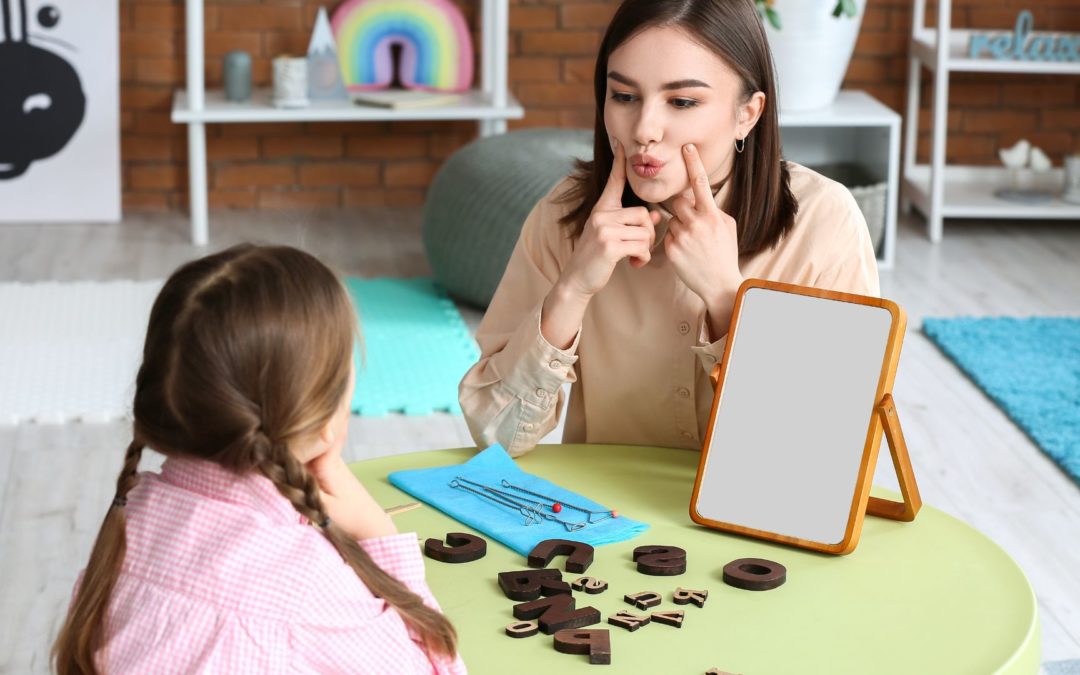When your child is about to start primary or secondary school, you may find yourself snowed under by a blizzard of competing claims. One solution involves perusing league tables – but you’ll need to know which papers to find them in, what criteria is involved, and of course what school performance actually means
What are league tables?
League tables are an annual comparative assessment of the performance of English state schools, published in most national and regional English newspapers. Wales and Scotland have abolished league tables.
What do league tables tell you?
They will tell you:
- a school’s average level in exam performance
- its performance in three key subjects: English, Maths and Science
- its performance in public exams, relative to others in the area and in the UK
- a favourable or negative comparison with previous year’s results
- contextual value-added performance, which takes into account prior performance and socio-economic circumstances. Basically, how many free meals the school gives out and how many non-English speaking children there are.
However, they won’t provide:
- a full picture of the school’s performance relative to the nature of its intake (for instance, selective schools are much more likely to fare better)
- an assessment of the quality of teaching
- the means to decide whether your child will be happy
- tables for independent schools.
Which figures are included in the table?
At primary school level, you can expect to read about:
- English, Maths and Science scores based on Key Stage 2 results (national tests for children aged ten to 11)
- AGG (aggregate score across these three subjects)
- VA (value-added measure – taking into account socio-economic circumstance, as described above)
- the total number of pupils in the school and the percentage who have special educational needs.
Whilst at secondary school level:
- Key Stage 3 results (aged 14). These are displayed as a percentage of students achieving Level 5 and above in English, Maths and Science
- GCSE and NVQ results – displayed as percentage of pupils who achieved 5 grades A* to C
- the average points score
- the value added score, showing improvement or otherwise from one level to the next (including from primary to secondary school)
When are they useful?
You may use league tables when your child is starting primary school and secondary school. They can also help you make your choice if moving to a new area, or if your child is wanting to choose a new school or Sixth Form college for A-levels.
This is because they enable you to compare different schools in a particular area.
What about private schools?
The independently run Schools Council does not publish league tables, although their GCSE and A-level rankings are published in several national newspapers.








